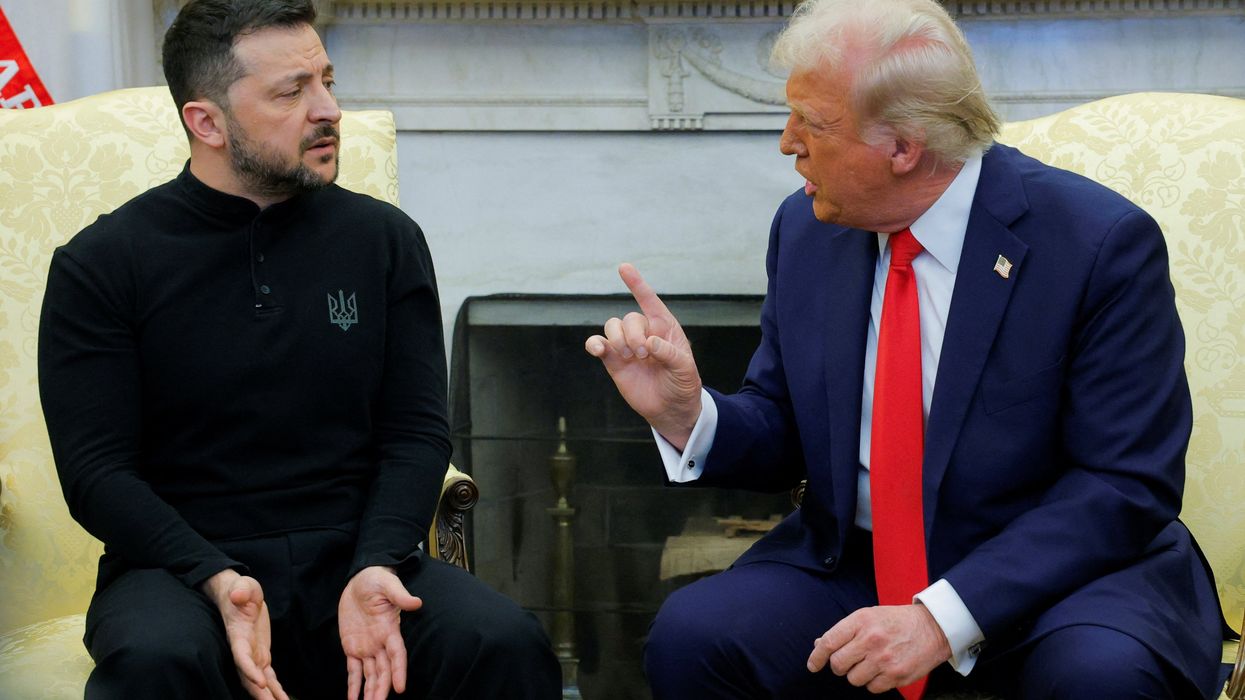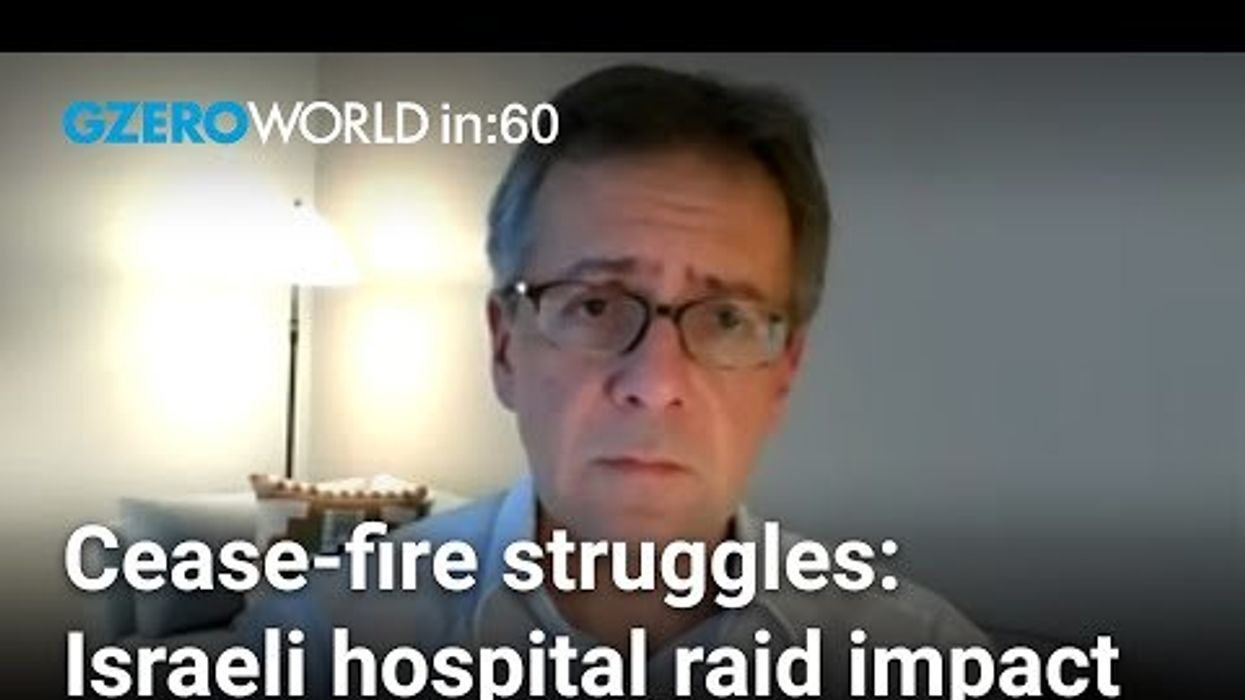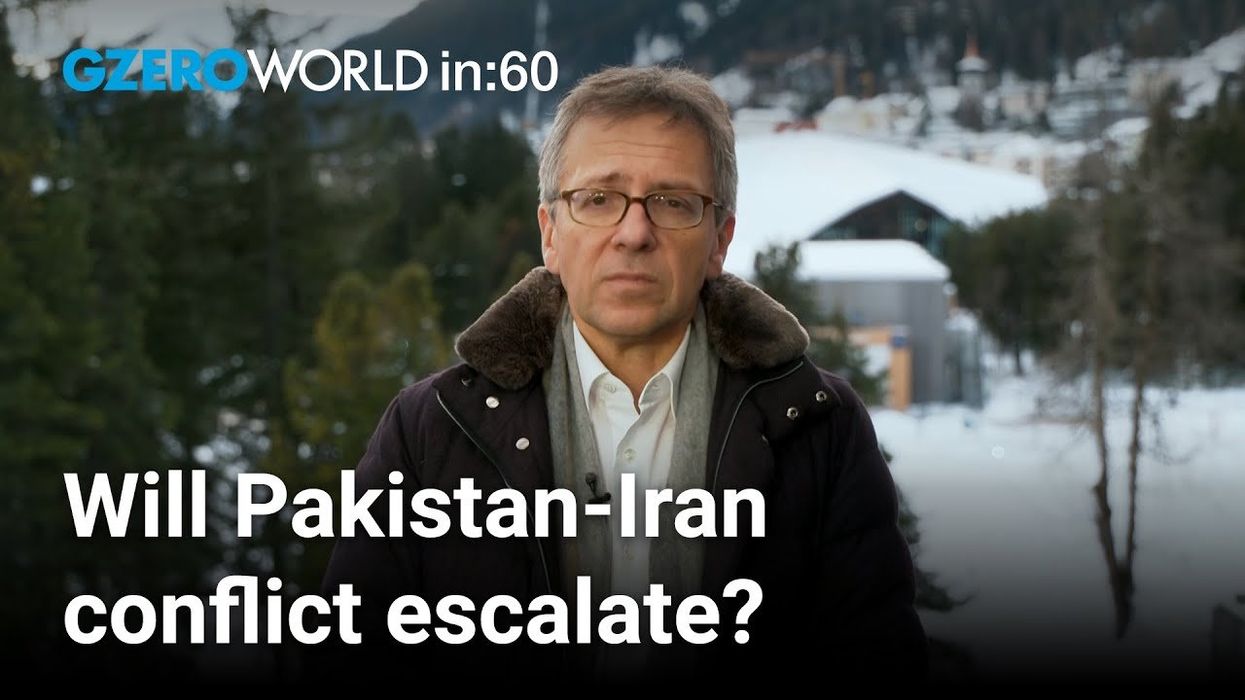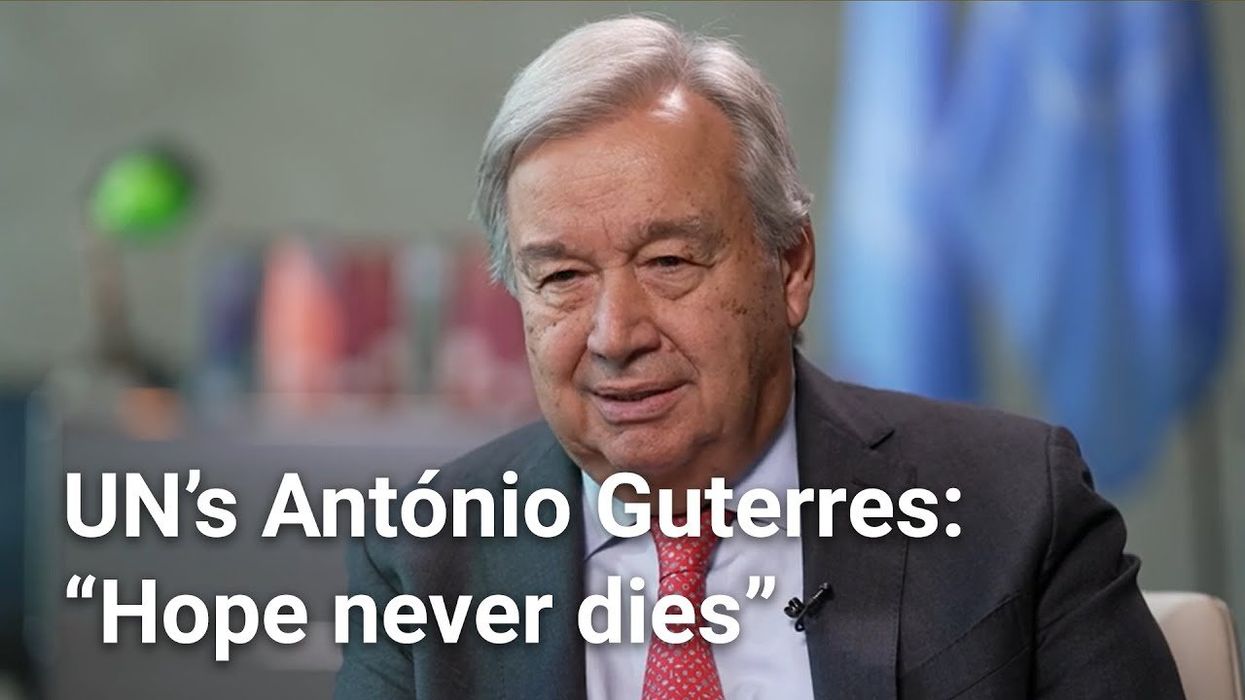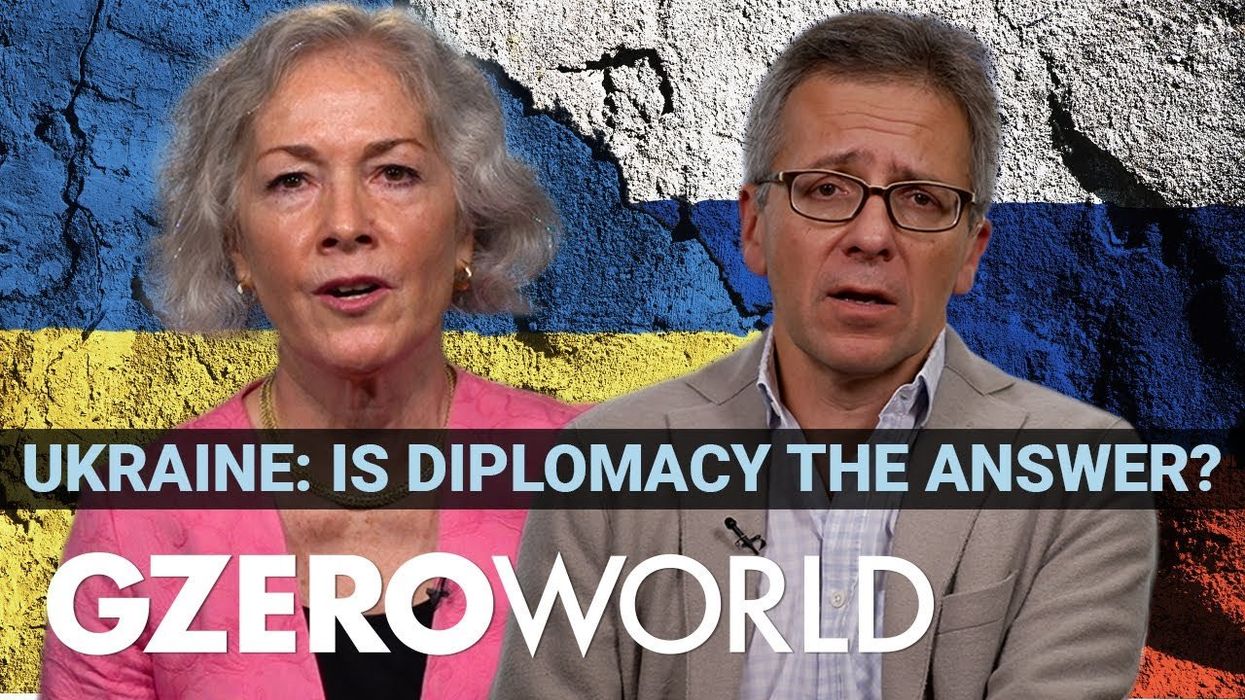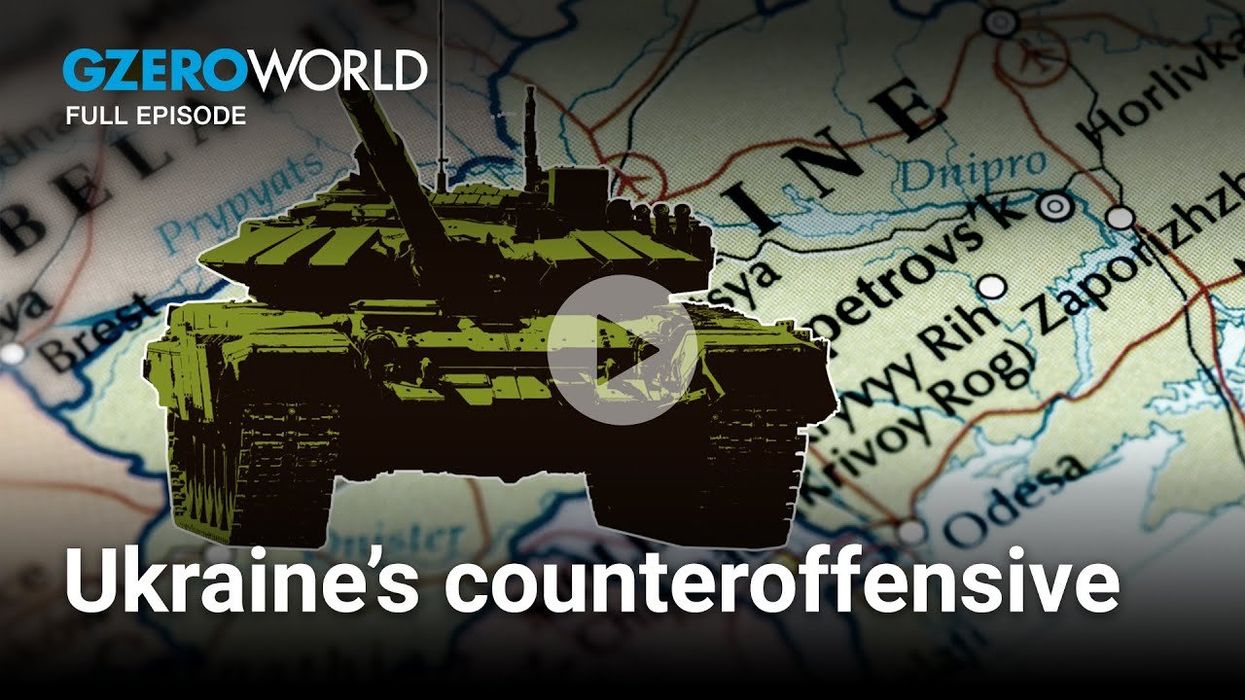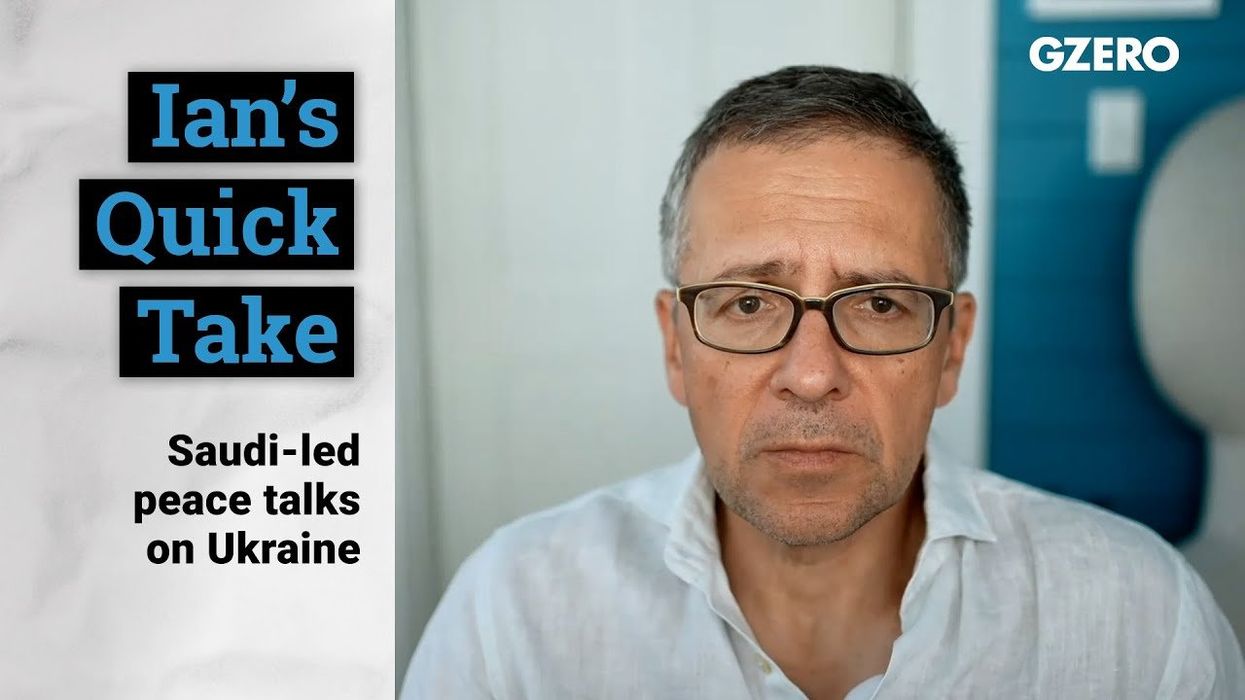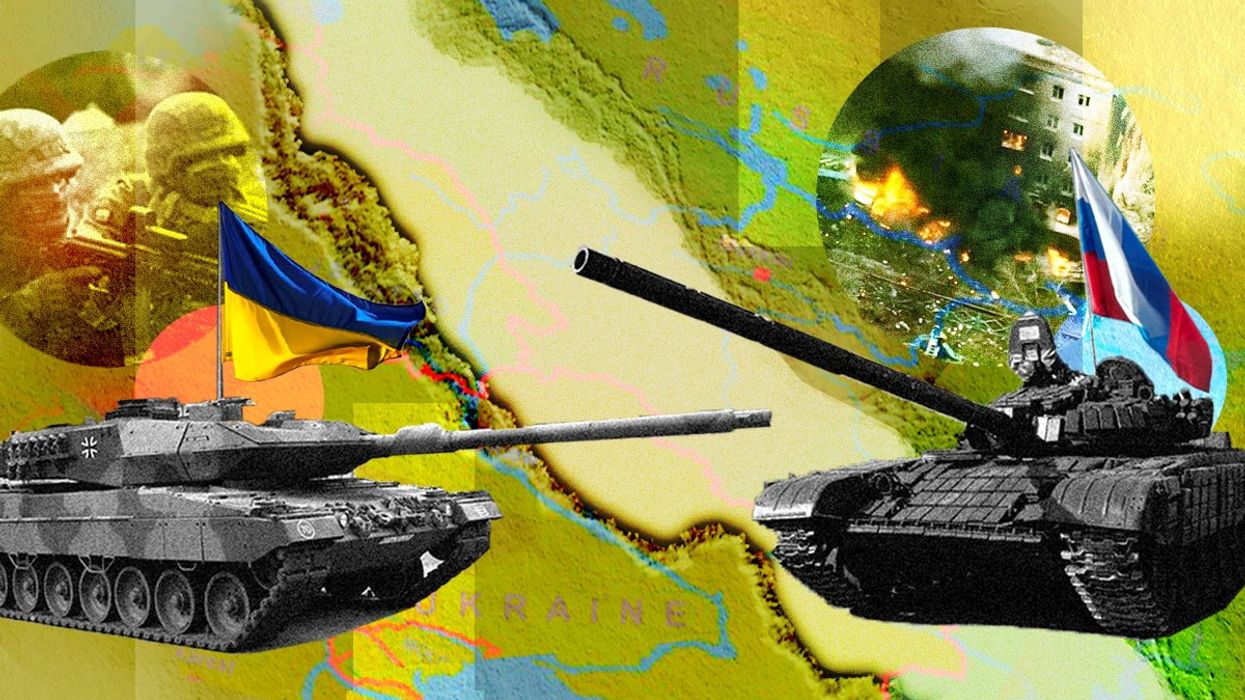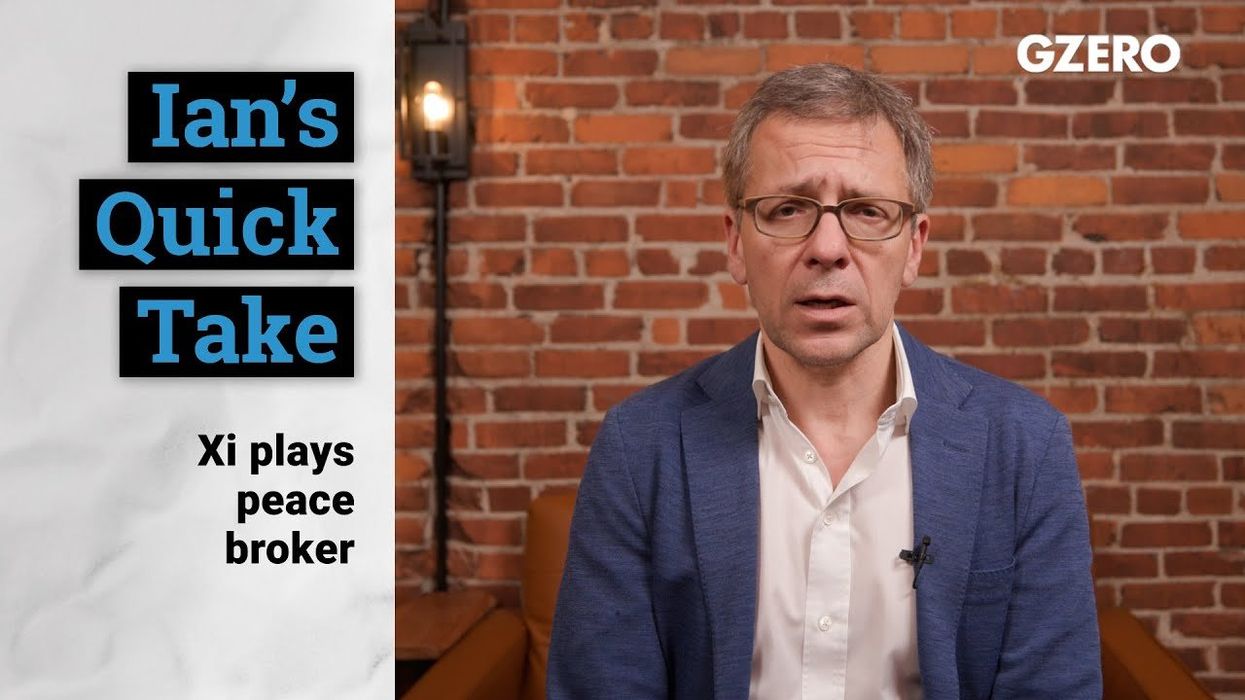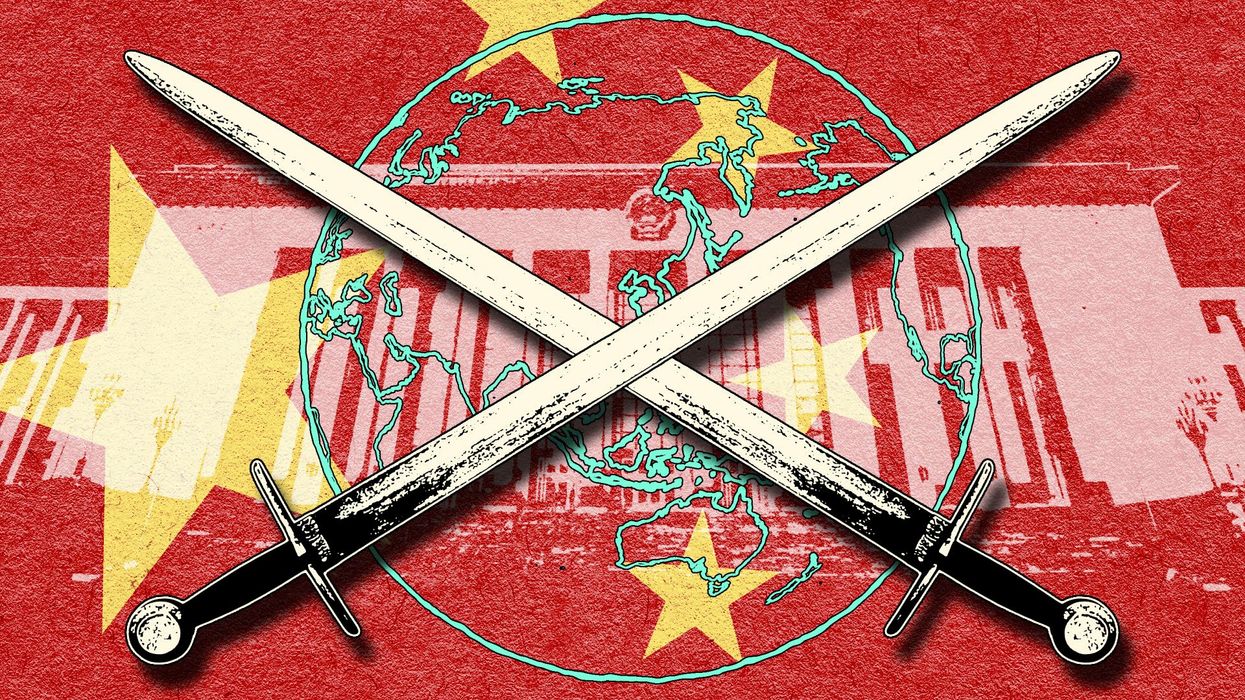What We're Watching
“Make a Deal or We're Out”: Inside the explosive Trump-Zelensky confrontation
When world leaders appear with the American president in front of the Oval Office’s hearth, the exchange is normally tempered, congenial, and largely a photo-op – with the diplomatic dung-slinging already done behind closed doors. Not this time.
Feb 28, 2025
